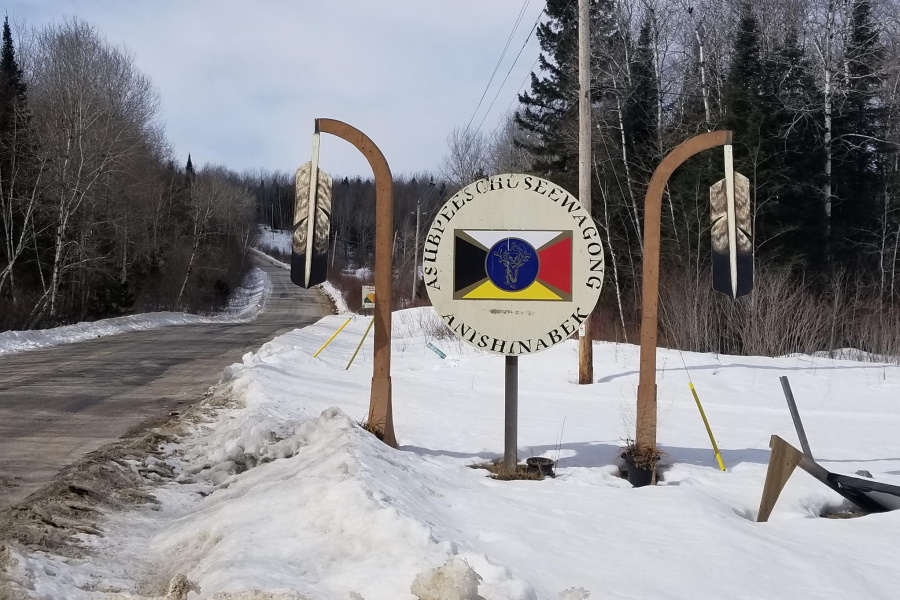TORONTO, ONT. – December 10, 2024 – The Chiefs of Ontario First Nations Women’s Council has expressed profound disappointment as the province concludes the 16 Days of Activism Against Gender-Based Violence. This campaign, observed annually from November 25 to December 10, sheds light on the pervasive issue of gender-based violence and calls for urgent action to address it.
Statistics Paint a Harrowing Reality
The crisis of gender-based violence is particularly devastating for Indigenous women in Canada. While Indigenous women make up only 5 percent of the female population, they account for 21 percent of women killed by an intimate partner between 2014 and 2019.
In Ontario, the Ontario Association of Interval and Transition Houses reported that 62 women were killed by men between November 2023 and November 2024. These staggering figures underscore the disproportionate rates of violence faced by women, especially First Nations women, across the province and the country.
Bill 173 Halt Sparks Outrage
The First Nations Women’s Council, which advises Ontario’s 133 First Nations Chiefs, is deeply disheartened by the Ontario government’s decision to prematurely halt work on Bill 173, Intimate Partner Violence Epidemic Act, 2024.
Initially introduced to address intimate partner violence as a public health epidemic, Bill 173 had garnered surprising support from the Ontario government earlier this year. This led to financial backing for a comprehensive study, which included plans for the Standing Committee on Justice Policy to visit communities across Ontario to hear firsthand accounts from survivors, including those in First Nations communities.
However, the Committee ended its work early, silencing the voices of those most affected by intimate partner violence. This decision not only halted progress but also sent a message that the lives and experiences of First Nations women are not a priority.
Leadership Speaks Out
Deputy Grand Chief Anna Betty Achneepineskum of Nishnawbe Aski Nation, speaking on behalf of the First Nations Women’s Council, condemned the government’s inaction:
“Until governments acknowledge and respond to the fact that intimate partner violence is an epidemic—and that it affects our people more than anyone else in Canada—we will continue to see our women, girls, Two-Spirit loved ones, and other vulnerable community members suffer unbearable atrocities. This is not acceptable. Lives will be lost.”
A Call for Urgent Action
The Chiefs of Ontario Women’s Council is urging all levels of government to recommit to tackling intimate partner violence with the urgency, resources, and respect it demands.
The Council stresses that the safety and dignity of all women, particularly First Nations women, must be treated as a non-negotiable priority. This includes creating policies and funding programs that directly address the root causes of violence and support survivors with culturally appropriate resources.
As the 16 Days of Activism concludes, the Council’s message is clear: meaningful change requires listening to those affected, addressing systemic inequities, and recognizing intimate partner violence as the epidemic it truly is.
For more information on the work of the Chiefs of Ontario First Nations Women’s Council, visit chiefs-of-ontario.org.



